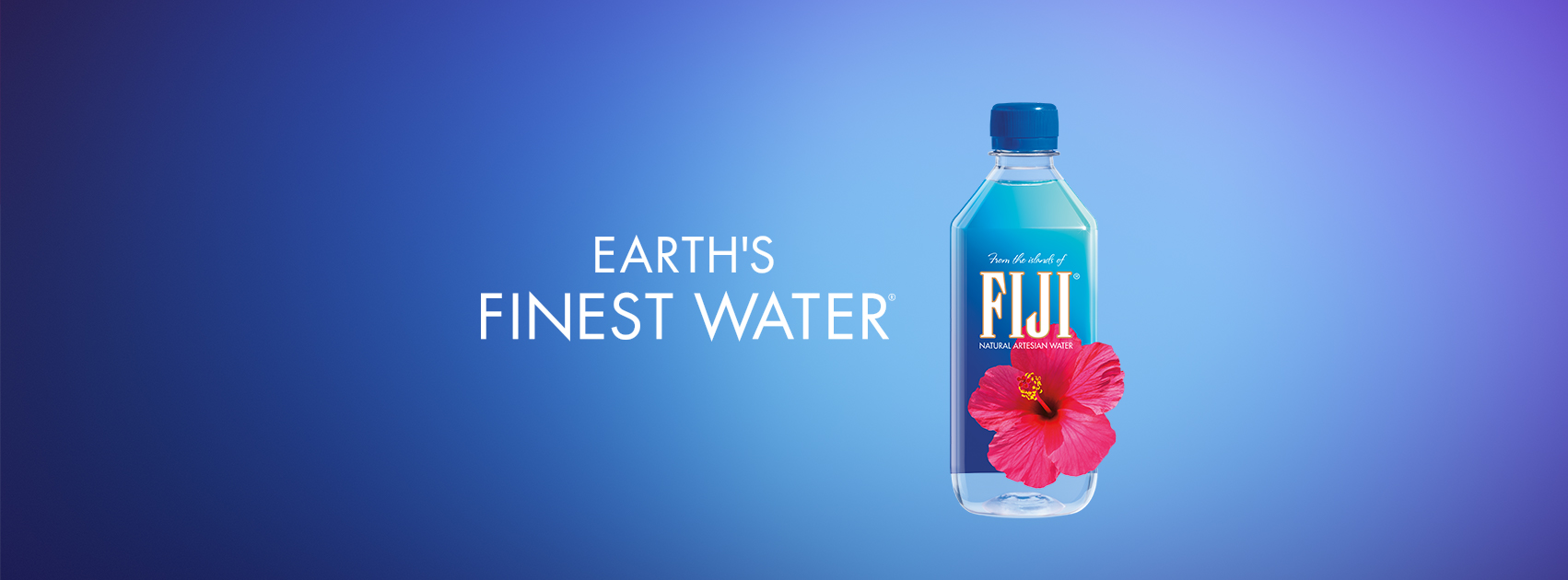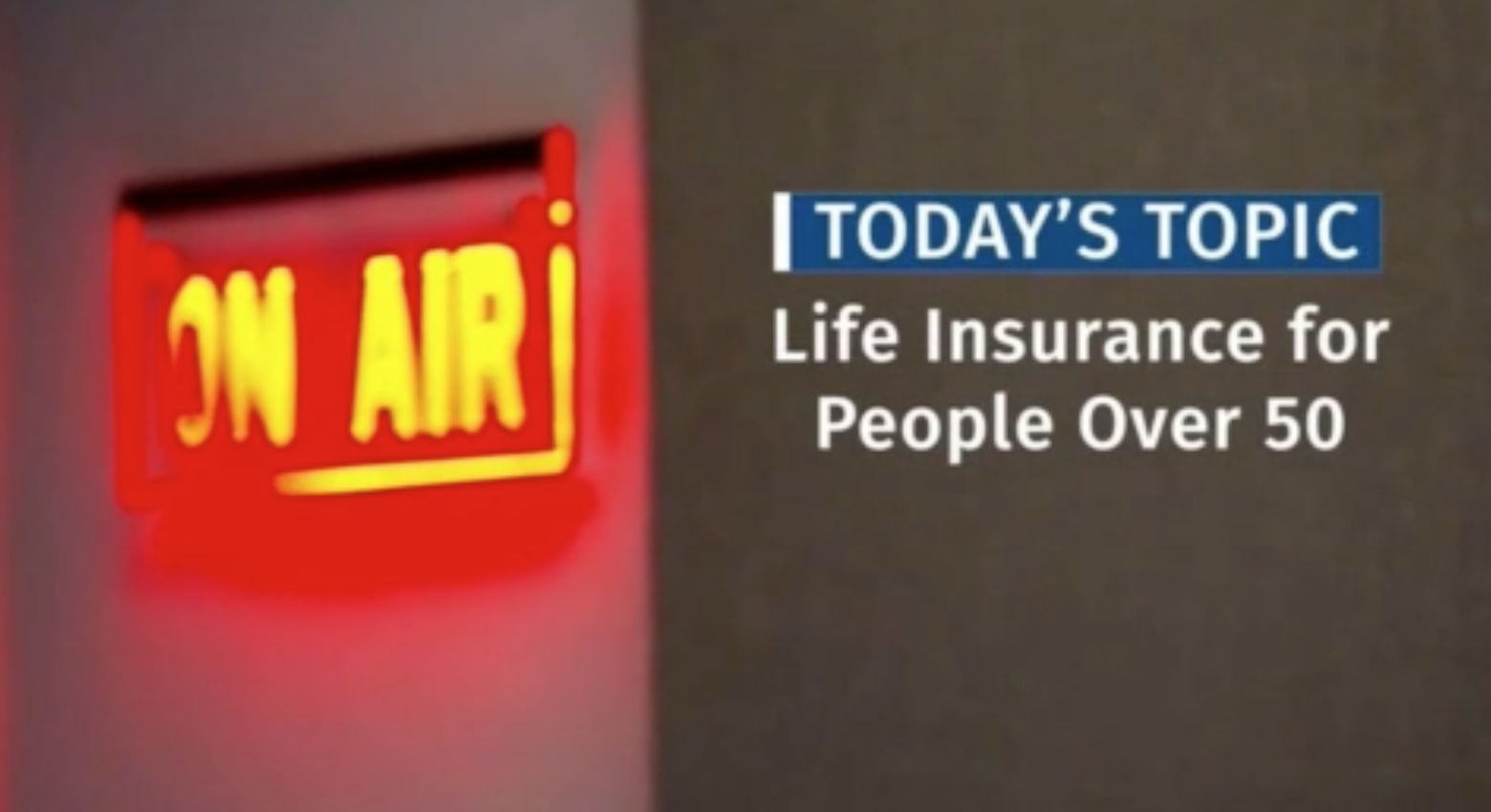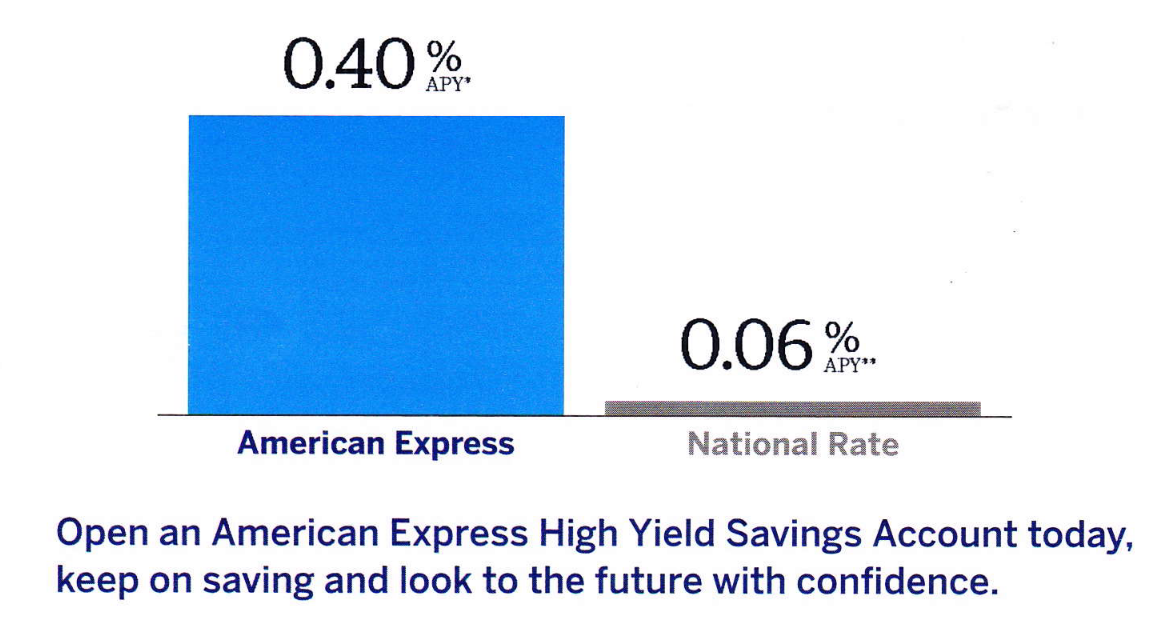
Fiji Imposter Car Wrap Scam
Car wrap scam has plenty of gas left in the tank.
With reports of big checks heading consumers' way, scammers will look to cash in, the FTC warns.
|
UPDATE 4/6/20: The coronavirus check scams have started. NBC News reports that, as of today, the FTC has already received 55 complaints. Our original ad alert, published March 19, follows.
To combat the toll the coronavirus has had on the American economy and its workers, which includes a 33 percent spike in weekly jobless claims, the federal government has proposed sending money via check or direct deposit to nearly every American.
But while Treasury Secretary Steven Mnuchin said at a White House press conference Tuesday that checks could be sent out “in the next two weeks” and $1,000 is the amount that “seems to be sticking,” according to reporting by the Washington Post, the government has yet to finalize the details.
Scammers, however, don’t care much about details and some may already be trying to take advantage of reports of big checks heading consumers’ way, the FTC warned in a blog post published yesterday.
How do you know it’s the government contacting you with information about a coronavirus check and not a scammer? The FTC says the government will not ask you to pay anything upfront, not a dime. Nor will the feds call to ask for your Social Security number, bank account or credit card information. “Anyone who does is a scammer,” the FTC says.
Also a scammer? Anyone who tells you they can get you the money now.
Find more of our coverage on coronavirus scams here.
Our Ad Alerts are not just about false and deceptive marketing issues, but may also be about ads that, although not necessarily deceptive, should be viewed with caution. Ad Alerts can also be about single issues and may not include a comprehensive list of all marketing issues relating to the brand discussed.
Car wrap scam has plenty of gas left in the tank.
Life insurance company’s TV ad doesn’t tell the whole story.
Bar chart in Amex mailing exaggerates annual rate of return for advertised savings account.

